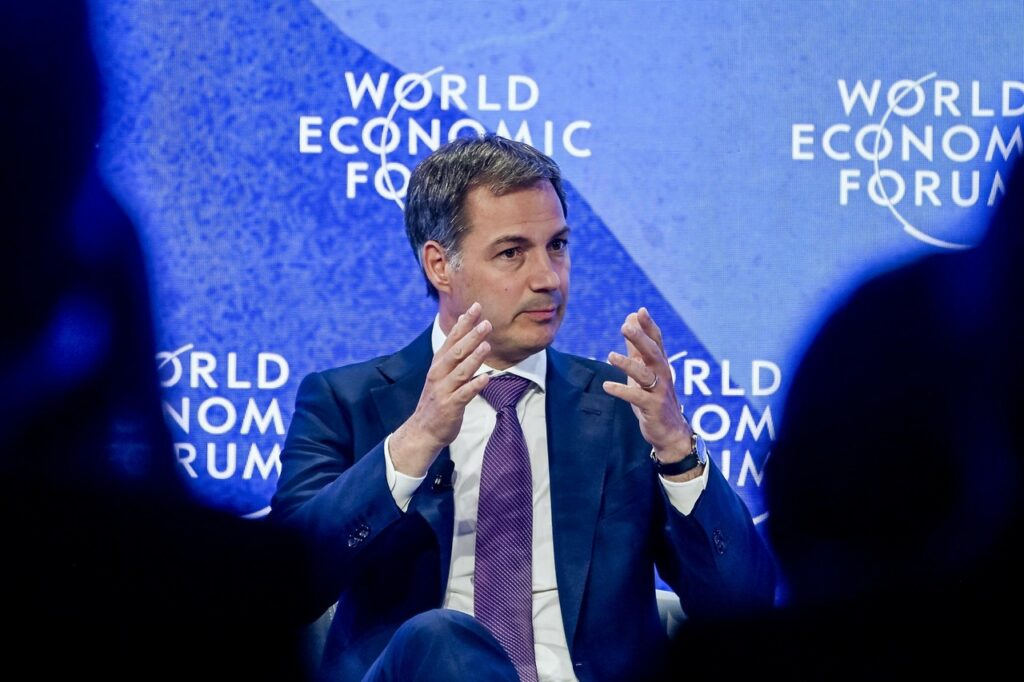For the first time, Belgium is hosting its own 'Belgium House' at the World Economic Forum (WEF) in Davos this week with a series of receptions and debates, including a special appearance of Bill Gates.
The 54th World Economic Forum's Annual Meeting takes place from 15-19 January 2024 in the snowy peaks of Davos, Switzerland. It is considered to be the most prestigious global conference attracting business and political leaders from all over the world.
For this year's event, Belgium has opened its own pavilion on the Promenade of the town. High-profile guests include Microsoft co-founder Bill Gates, who will participate in a fireside chat with Prime Minister Alexander De Croo (Open VLD) on Tuesday and meet with King Philippe and Queen Mathilde.
CEOs and representatives from companies HSBC, Sanofi, AstraZeneca, Google and Goldman Sachs will participate in conversations focusing on European industry, the Belgian beer industry, energy, the BioPharma sector, democracy and AI.
Powerful companies are behind the drive for increasing Belgium's global influence: the Belgium House, which cost €1 million, was funded entirely by AB InBev, Ackermans & Van Haren, Belfius, Deme, Fluxys, Syensqo and Antwerp Port.
Bigger picture
While the WEF aims to connect leading decision-makers in business and politics in order to find solutions to global issues, many view it as a selective retreat for the world's wealthiest.
In 2022, the Forum earned 409 million Swiss francs – €438 million. 75% of these profits came from membership fees and entry tickets. As a country leader, De Croo has received free entry but the rest of the Belgian delegation have paid for their tickets.
Opposition parties including The Workers' Party of Belgium (PTB-PVDA) and far-right Flemish separatists Vlaams Belang have denounced the country's decision to participate in the Forum in any capacity. N-VA leader Bart De Wever, however, is present in Davos on behalf of Flanders.
This year, the theme of conversations in Davos is "Restoring Trust". The Forum has named misinformation and disinformation, extreme weather events and societal polarisation as the top three risks facing the global order in 2024.

